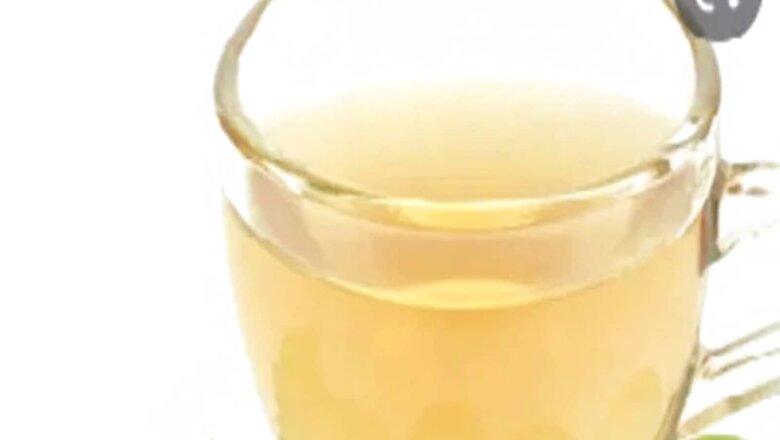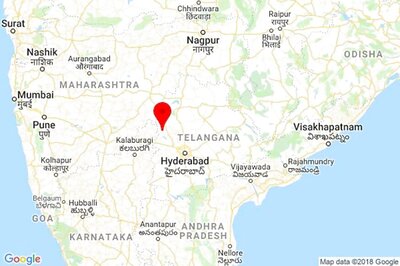
views
Amla contains many nutrients like Iron, Vitamin C, protein, calcium, carbohydrate and phosphorus, all of them are extremely beneficial for health. It is because of this that gooseberries are referred to as the winter superfood. However, despite these benefits, there are several side effects as well. Below are some physical conditions that can get aggravated by the consumption of amla.
If you suffer from hyperacidity:
If you’re suffering from hyperacidity, it is advised not to consume amla. Since Vitamin C is found in plenty in Amla, it is acidic. If you consume gooseberry while suffering from hyperacidity, your stomach condition may worsen.
If you’re suffering from low blood sugar
You should avoid gooseberries if you’re suffering from low blood sugar. Gooseberries are known to reduce blood sugar naturally, which is why it is not advised to take amla if you’re suffering from low blood sugar.
If you’re going for surgery
If you’re going to have any kind of surgery, you should not consume gooseberries in any form. Amla can thin your blood, which can result in bleeding of gums during or after surgery. This can cause problems such as multi-organ dysfunction and tissue hypoxemia.
If you have dry skin-related problems
If you suffer from dryness of skin during winter or problems such as rashes or itching. You should also avoid amla if you suffer from dryness of the scalp or dandruff.
If you suffer from a bleeding disorder
Since gooseberries have antiplatelet properties, it helps prevent the formation of blood clots. Thus, eating gooseberries can cause your bleeding to worsen.
Read all the Latest Lifestyle News here


















Comments
0 comment